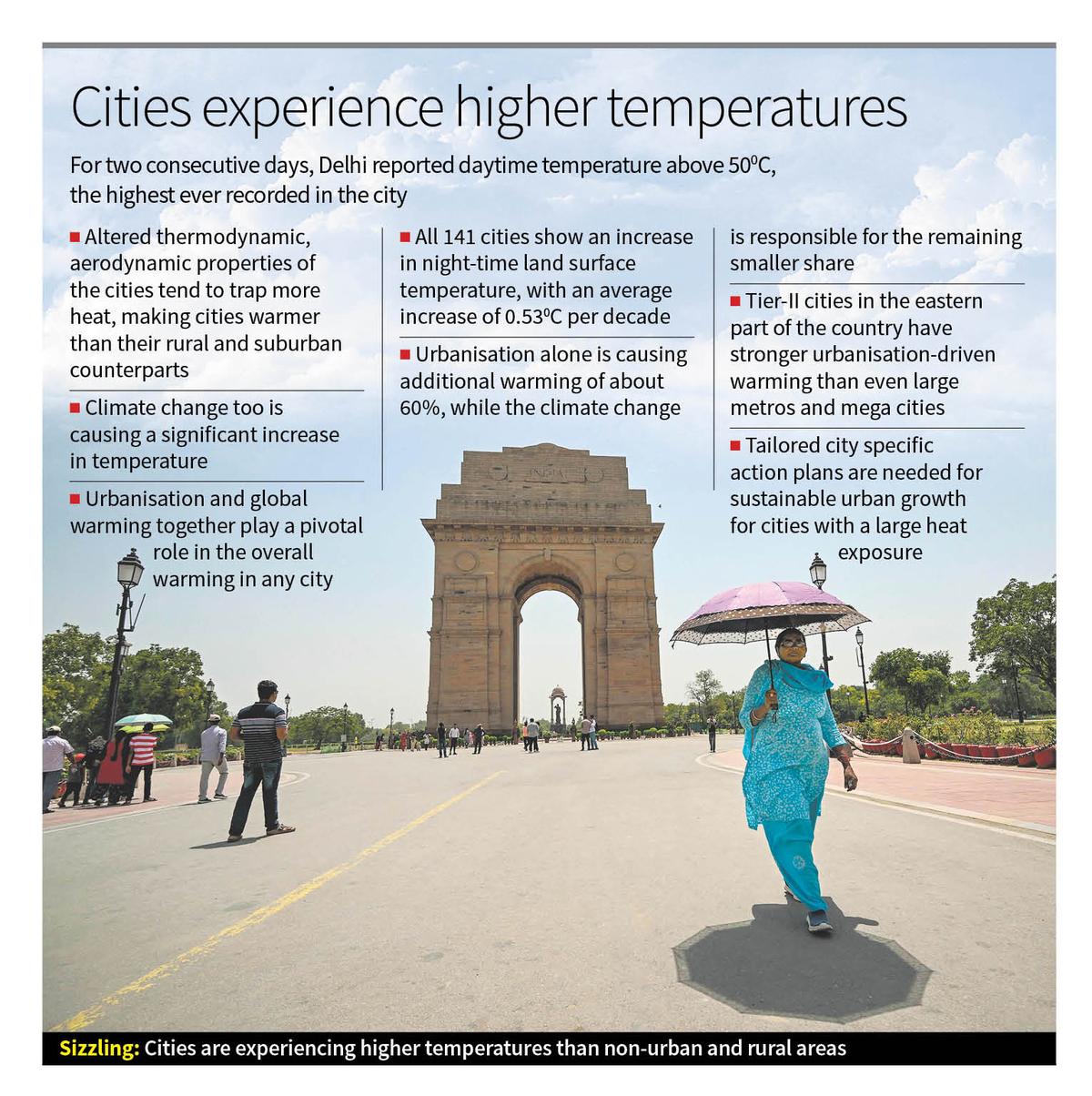Image for representation purpose only.
| Photo Credit: Arunangsu Roy Chowdhury
As many as 1.7 crore telecom connections have been disconnected in the last four years till date as a result of inputs from the Sanchar Saathi portal set up by the Department of Telecommunications (DoT) last year, as well as from inputs given by the Union Home Ministry, law enforcement agencies, and a facial recognition system called ASTR to deduplicate SIM registrations from the same person.
The DoT announced these statistics on the sidelines of an event it hosted on Friday marking the World Telecommunication and Information Society Day. The Sanchar Saathi portal was set up for users to report “fraudulent” mobile connections such as call centre scams.
A senior official said the challenge of unsolicited commercial calls for spamming had been handled well in the past through the Telecom Regulatory Authority of India’s (TRAI) Do Not Disturb (DND) registry, where users could opt out of receiving commercial communications on SMS and phone calls. However, a lot of this activity has moved “from the network layer to the service layer”, the official said, while elaborating that they had gone from using regulated telecom networks with mandated filters for spam calls to using third-party services like WhatsApp to reach the targets.
In statistics shared with the media, the DoT said that over six lakh disconnected phone numbers were also booted out of WhatsApp under a standard operating procedure (SOP) in place between the government and Meta, Inc. owned messaging platform. Additionally, banks and mobile wallet providers have disconnected almost 10 lakh accounts tied to fraudulent numbers.
WhatsApp accounts registered with the +92 Pakistani ISD code have also been targeted, with 577 numbers booted out of the platform for imitating government officials, according to the statistics.
CNAP pilot
The government may also proceed with a pilot of the Calling Name Presentation (CNAP) proposal, a contentious plan to display the registered name of all inbound callers along with their phone number. Civil society and telecom groups have warned that such a proposal could come with unintended consequences, such as people who may not want to reveal their caste surname to others.







